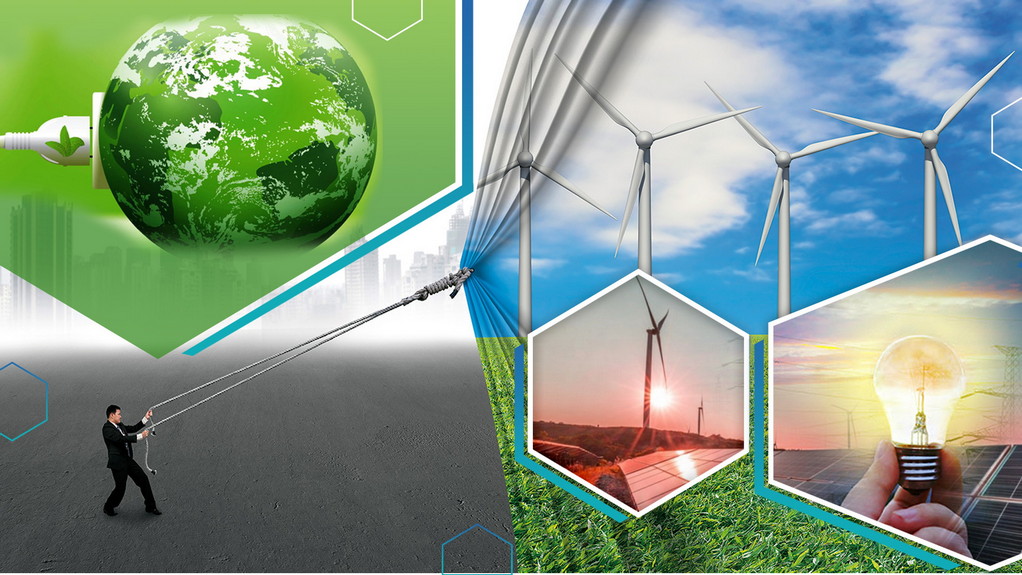Serentica Renewables India Pvt Ltd., a clean-energy startup backed by KKR & Co., wants to tap Indian industry’s decarbonisation drive.
The company based near New Delhi will use a $400 million investment from the private equity giant to build 1.5 gigawatts of wind and solar across four Indian states.The projects will be built over the next two years.
Prime Minister Narendra Modi is encouraging the gradual phase-out of fossil fuels after it set a target of getting to net zero by 2070. The government has made it easier for companies to sign direct deals with clean energy suppliers, in an attempt to challenge the state-owned utilities stranglehold on power supply.
Serentica’s wind and solar projects will sell about 3 billion kilowatt hours of power annually and the company is partnering with Greenko Group to provide energy storage services.
Around 70% of India’s electricity is generated from coal, but the country is planning to almost triple its non-fossil fuels power capacity to 500 gigawatts by the end of this decade. The nation needs to address a few challenges along the way to get there.
The land acquisition process for projects should be simplified, he said. The country also “needs to invest much more on its grid to keep up with the growth in renewables,” according to Agarwal, who is also managing director of Sterlite Power Transmission, one of India’s largest non-state-owned energy networks.
Tags: Decarbonisation, Fossil Fuel, India, Serentica Renewables



Recent Posts
Polish Delegation and JKSH Group Explore Green Energy Project in Andhra Pradesh
bigbasket Expands EV Delivery Fleet to 50 Cities with Support from Kazam
Axpo Completes Spain’s First Ship-to-Ship Bio-LNG Bunkering for Container Vessel at Algeciras
BLG LOGISTICS and Liebherr Strengthen Sustainable Port Operations with Shore Power-Ready Crane in Bremerhaven
Beijing Maersk Enters Service as Latest Methanol-Powered Containership
Yinson GreenTech and C-Torq Deliver Marine Battery System for Hybrid Vessel in the Middle East
Singapore Tugboat Receives Biofuel-Ready Notation Following Retrofit
NYK Names Sixth Dual-Fuel LPG Carrier “Luna Pathfinder”